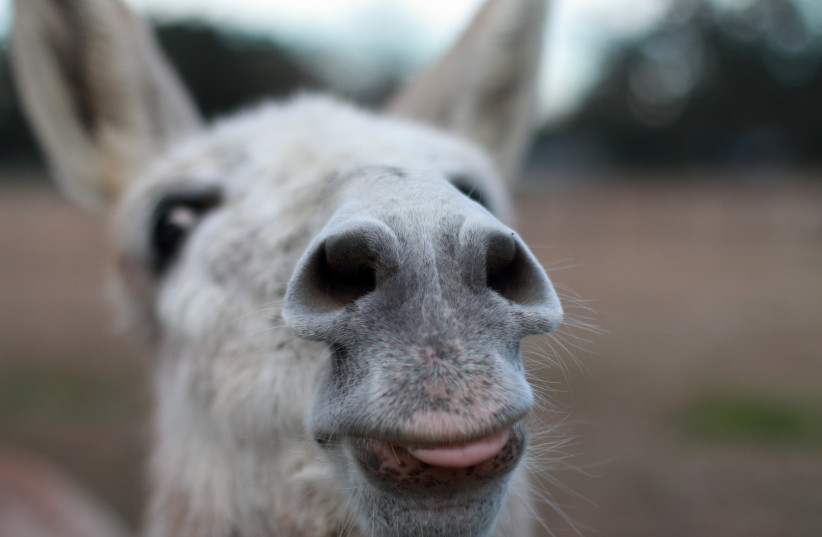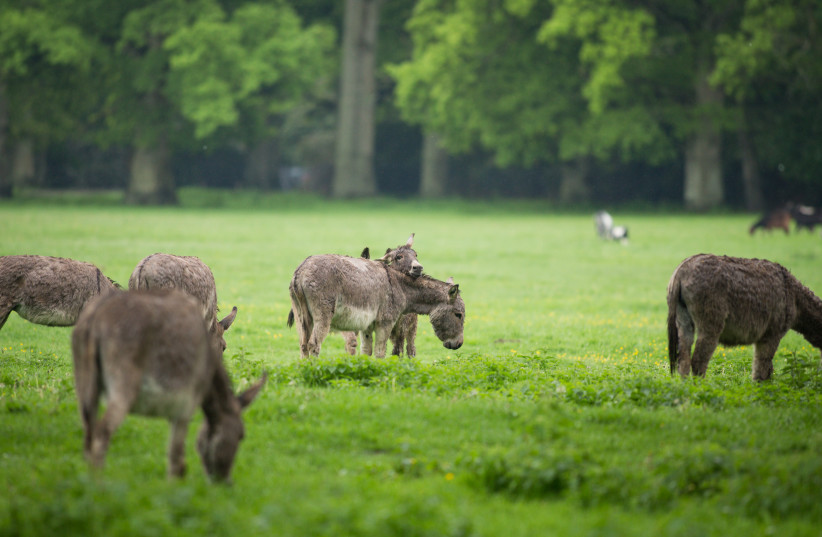What do we really know about donkeys?
The origins, evolution and management techniques driving the significant pack animal's hundred of years of domestication are revealed by a thorough genomic examination of modern and ancient donkeys.
A peer-reviewed study published in Science shows that the donkeys that we know of today originated in Africa and spread to Eurasia. Understanding the genetic history of donkeys could help with local management in the future.
Equus asinus, also known as the domestic donkey, has served as a source of animal labor and long-distance transportation for various cultures for thousands of years.
Little is known about their long history with humans, notably regarding their origins and the impact of human management on their genomes, despite their significance to ancient societies across Africa, Europe and Asia.
The authors of the study state that despite the fact that donkeys are still crucial for the growth of low and middle-income communities, particularly those in dryland and upland regions, little is known about them. This is probably because they are currently underappreciated and have little use in contemporary industrialized societies.
Donkeys from Copenhagen Zoo (credit: Frank Rønsholt)
What they found in their study
Evelyn Todd and colleagues examined 238 modern and ancient donkey genomes to fill this gap, learning new information about the origins of domestication. Strong phylogeographic evidence was discovered by Todd to suggest a single domestication event that took place in eastern Africa more than 7000 years ago, around 5000 BCE.
Following this, subpopulations continued to spread throughout Africa and Eurasia, where they finally became separated and distinct, possibly as a result of the Sahara's aridification. Eventually, genetic streams from Europe and the Near East returned to donkey populations in western Africa.
A genetic lineage from the Levant region that lived about 2200 years ago and helped to increase genetic flow toward Asian donkey populations was also discovered by the investigation. Todd also provided information on the breeding of donkeys, as well as indications of selection for enormous size and substantial inbreeding in prehistoric donkey populations.
"Efforts should continue to characterize the modern donkey diversity around the world," the study reads. "Such efforts may not only refine the historical legacy of past populations into the modern world but also uncover the genetic basis of desert adaptations, which could prove invaluable for future donkey breeding in the face of global warming."
THIS PAGE WAS POSTED BY SPUTNIK ONE OF THE SPUTNIKS ORBIT BLOG
HTTPS://DISQUS.COM/HOME/FORUM/THESPUTNIKSORBIT-BLOGSPOT-COM/





No comments:
Post a Comment
Stick to the subject, NO religion, or Party politics